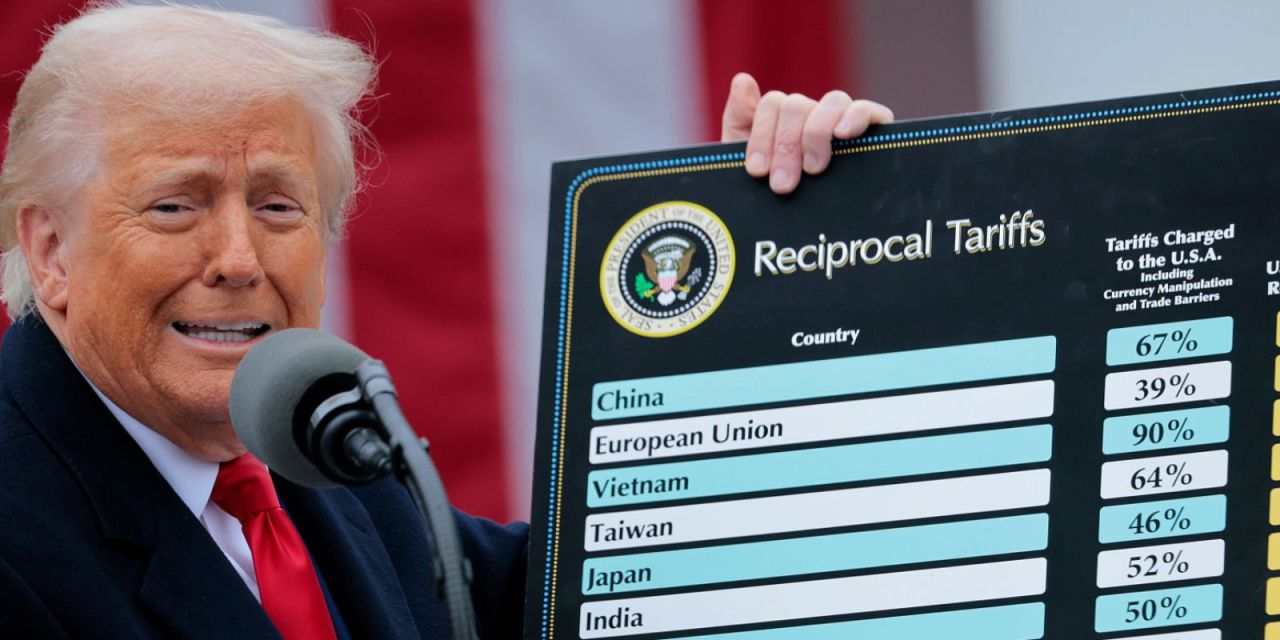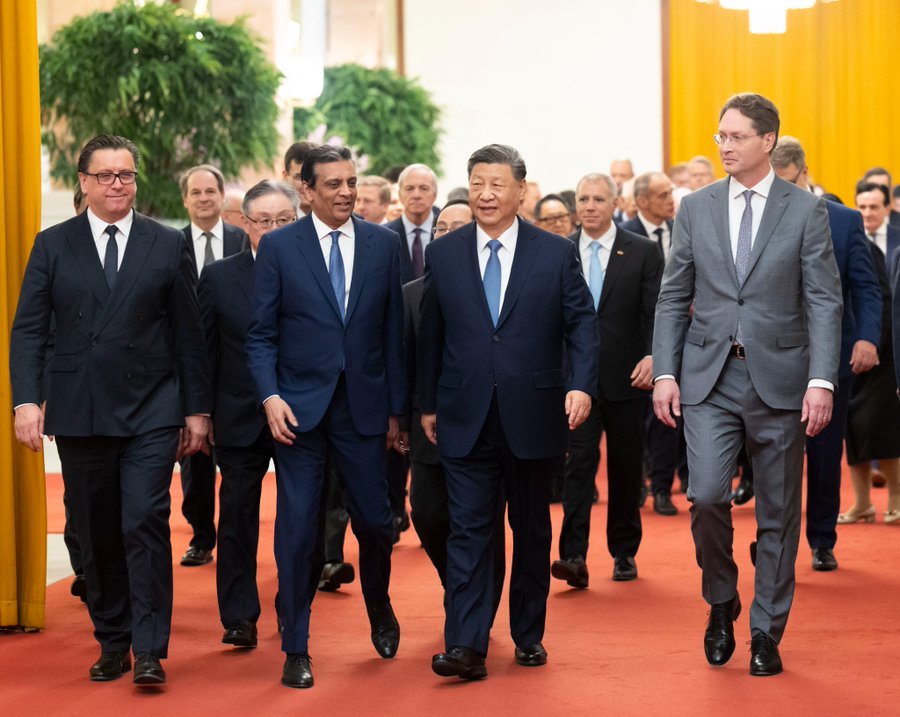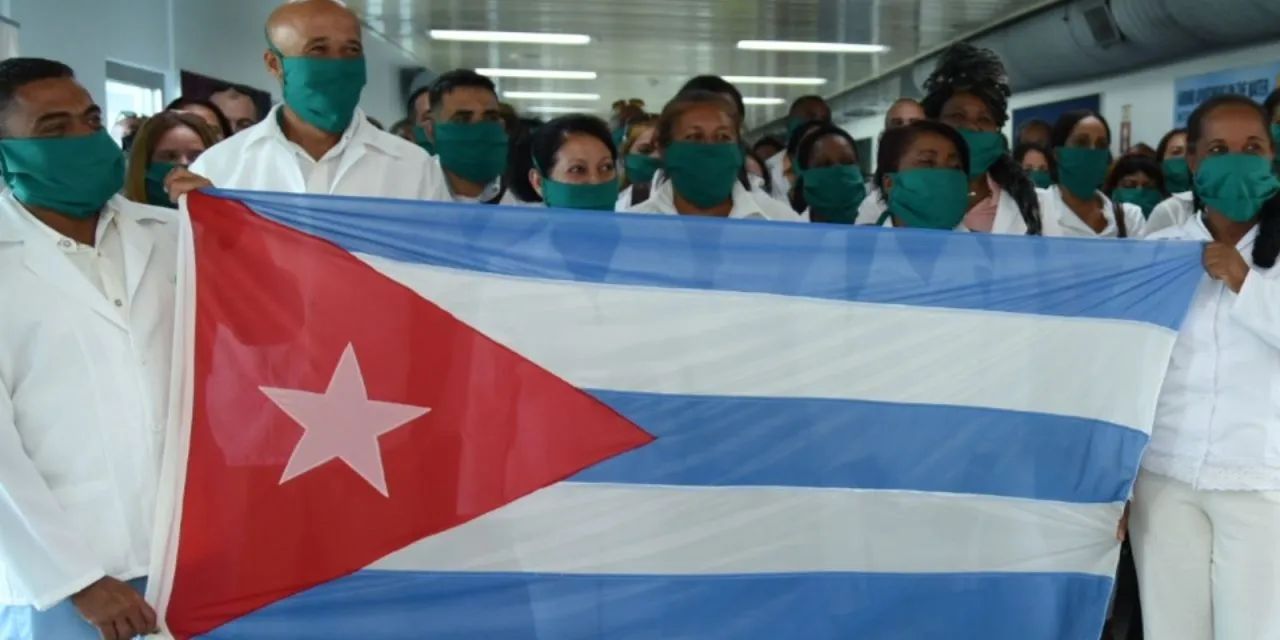International
China has world’s largest number of top 100 science, technology clusters

International
10 % ON EXPORTS TO US
International
China’s Xi Jinping tells top global CEOs to use their influence to defend trade
International
US to Negotiate with Regional Governments on Hiring of Cuban Doctors
-

 Sports2 weeks ago
Sports2 weeks agoCONCACAF COACH AND INSTRUCTOR RENALDO GILKES CONCERNED ABOUT THE STATE OF FOOTBALL
-

 Business2 weeks ago
Business2 weeks agoTWO LOCALS MOVE UP THE RANKS AT SANDALS BARBADOS
-
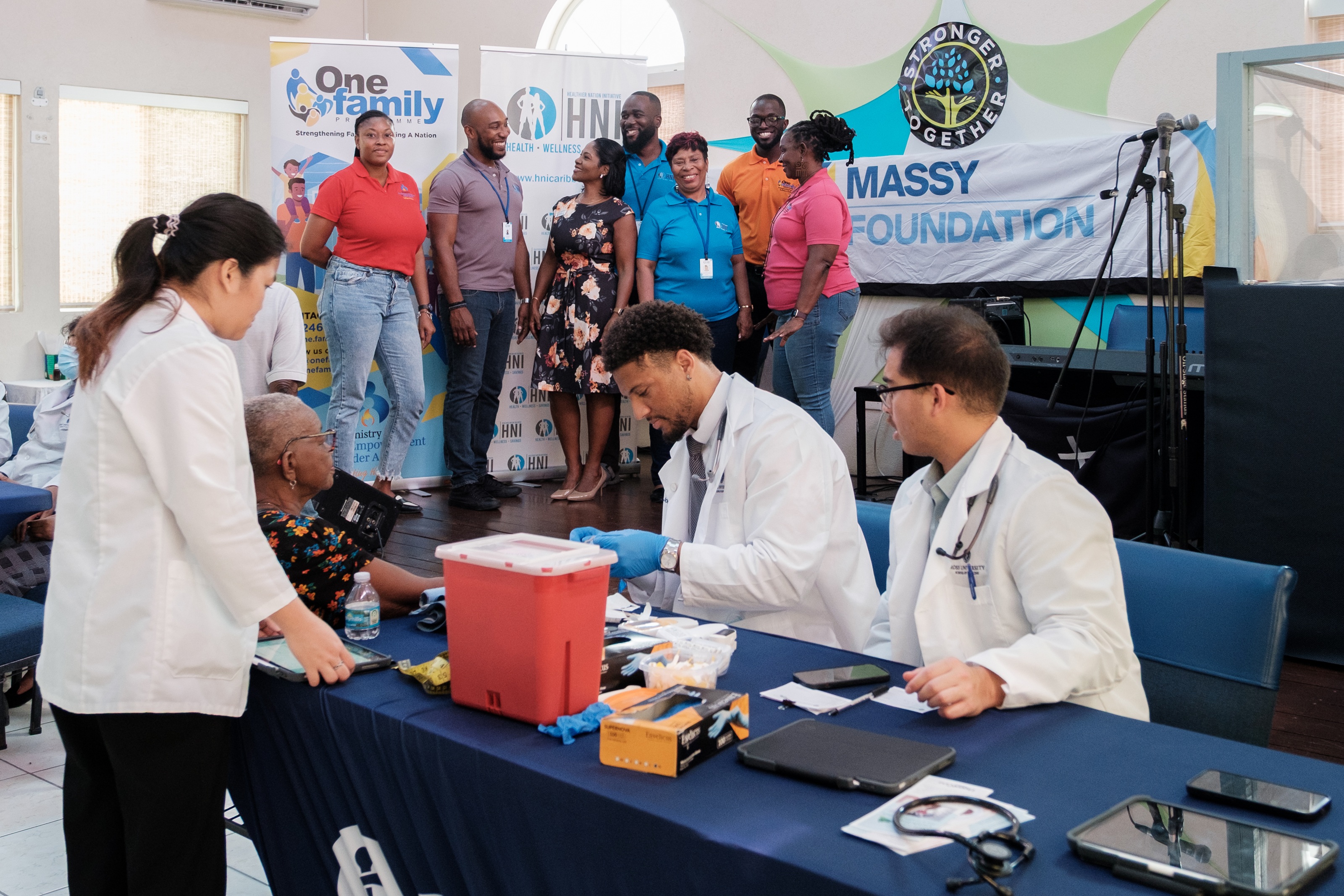
 Government2 weeks ago
Government2 weeks agoOne Family joins the Healthy Nation Foundation in bringing good health and nutrition to communities
-
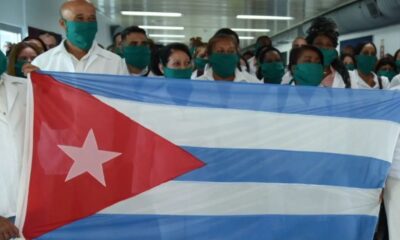
 International4 weeks ago
International4 weeks agoUS to Negotiate with Regional Governments on Hiring of Cuban Doctors
-

 Features3 weeks ago
Features3 weeks agoSPORTS AN INTEGRAL PART OF DOMINIC’S LIFE
-
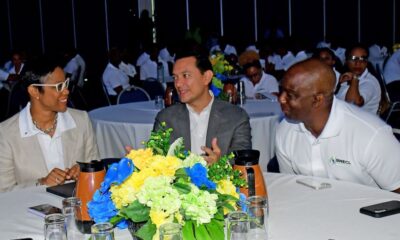
 Government2 weeks ago
Government2 weeks agoNew Financing Facility Being Designed To Transition PSVs To Electricity
-

 Business4 weeks ago
Business4 weeks agoAccess To Tax Clearance Certificate On Land Tax Portal
-
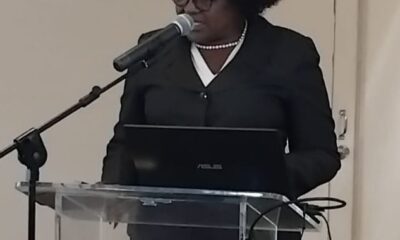
 Business2 weeks ago
Business2 weeks agoBarbados Extends The Green Carpet To Chinese Investors















